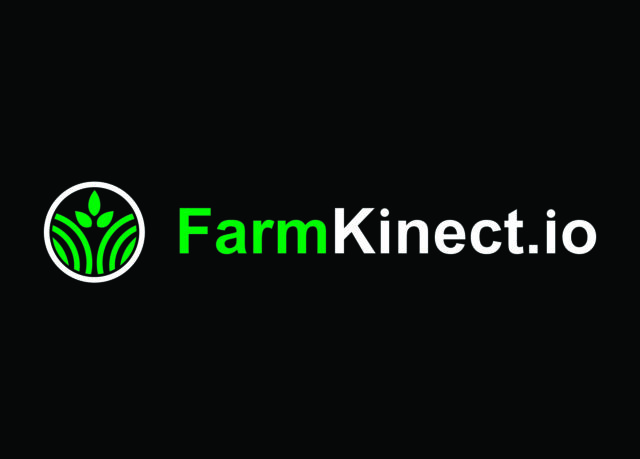A cutting-edge Canadian initiative, led by Dr. Filippo Miglior, University of Guelph, in collaboration with Dr. Paul Stothard, University of Alberta, seeks to understand how genomics impact feed efficiency and reduce methane production in dairy cattle in a 10-year project launched in 2015 and supported by Genome Canada with multiple industry partners, including DairyGen, a Canadian Dairy Network committee responsible for establishing research priorities.
Thanks to the relationship between producers and researchers involved in this project, it is expected producers will be able to select for more efficient, less costly animals while preserving the environment for future generations.
Importance of genomics and feed efficiency for producers and the planet
Feed is one of the main costs on a dairy farm. Having cows that can convert feed into milk more efficiently is beneficial for the bottom line and the environment: Farmers can select and breed for cows that produce more milk with less feed.
This also means fewer crops need to be grown to feed the same number of animals, potentially freeing cropland for other purposes. Cows that eat less also produce less manure and less methane, an important greenhouse gas.
This is not only important for manure management, as there is less manure that needs to be stored, but it also has implications on the environmental footprint dairy farms have today.
Environmentally sustainable food production is becoming more and more important for consumers. There is increased concern and awareness of how the agricultural sector contributes to greenhouse gas emissions like methane and its role in global warming.
Dairy farmers’ investment in this research is innovative: By selecting for cattle that produce less methane, dairy farmers can do their part in addressing climate change now and in the future.
Real-time farm involvement
SunAlta Dairy in Ponoka, Alberta, is a participating dairy in this project. The Brouwer family was in the middle of building a new freestall barn for 450 cows and agreed to install the necessary research equipment that measures feed intake for each of the cows.
By collaborating with researchers, the Brouwers get a firsthand impression of the value of the research and the value of genomics. “It brings research to the farm so producers can see the work researchers do has real-life applications and benefits.
Producers get to observe these benefits firsthand,” Miglior says.
Getting data from a commercial herd also allows “real-life” data to be included in the analyses. This allows investigators to get more data (since a commercial herd is often bigger than a research herd at a university research station) and gives them data from a different environment than a research herd, an environment where cows are managed in “real time” on a dairy farm.
Results from this type of research are therefore directly applicable to other commercial herds.
Future application of results
Results from this research can also be applied to herd management. The plan is for selection indexes to be produced, so farmers can select for animals that are more feed-efficient and lower methane emitters.
Genomic evaluation for the novel traits will be developed at the Canadian Dairy Network. This research group believes the addition of those traits will increase the rate of genotyping of young females at the herd level for replacement decisions.
The amount of time needed to collect data is significant, which explains the length of the project (10 years). However, the investment is so unique, producers will see results over the long term and for generations to come.
The benefits of this research also align with the proAction environmental targets: reduce greenhouse gas emissions related to milk production and the impact on land needed to produce milk.
The usefulness of this research will become more relevant over time by breeding for dairy cows that are much more efficient than the ones we have today. ![]()
Emilie Belage is with the University of Guelph and Dr. Filippo Miglior is with the Canadian Dairy Network and co-PI on Genome Canada’s Feed Efficiency project.
Dairy Research for a Healthy World
Dairy Farmers of Canada (DFC) is the national policy, lobbying and promotional organization representing Canada’s farmers.
DFC works to support sustainable dairy production; facilitate solutions to provincial/national challenges; provide credible research of dairy products on a national basis; and create innovative ways to grow the market.









